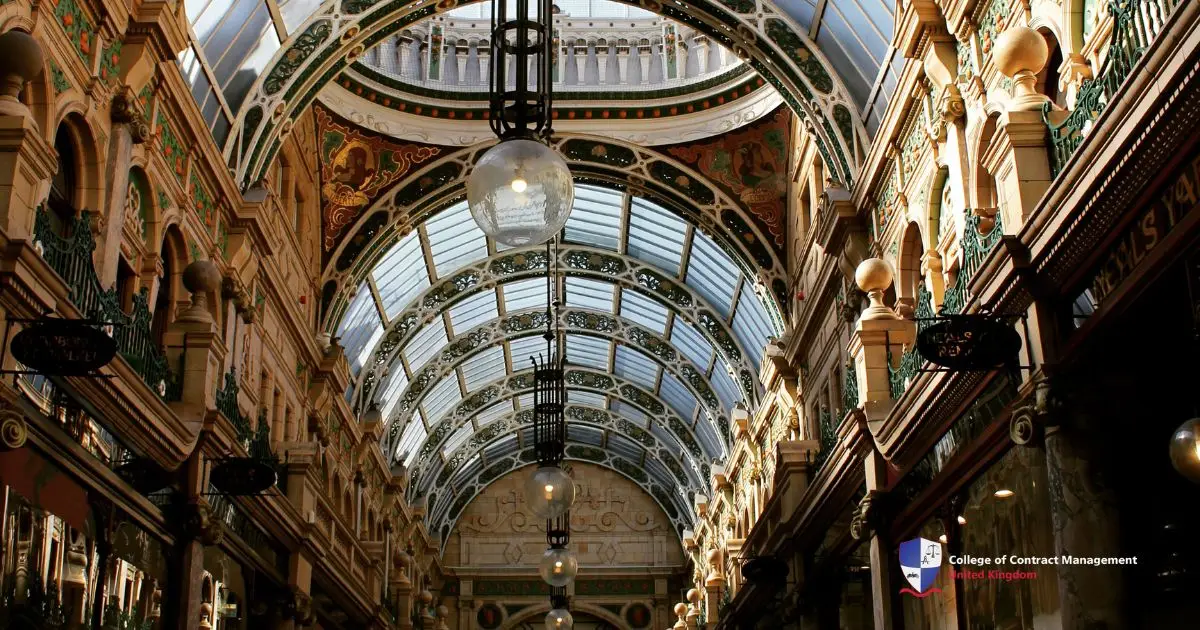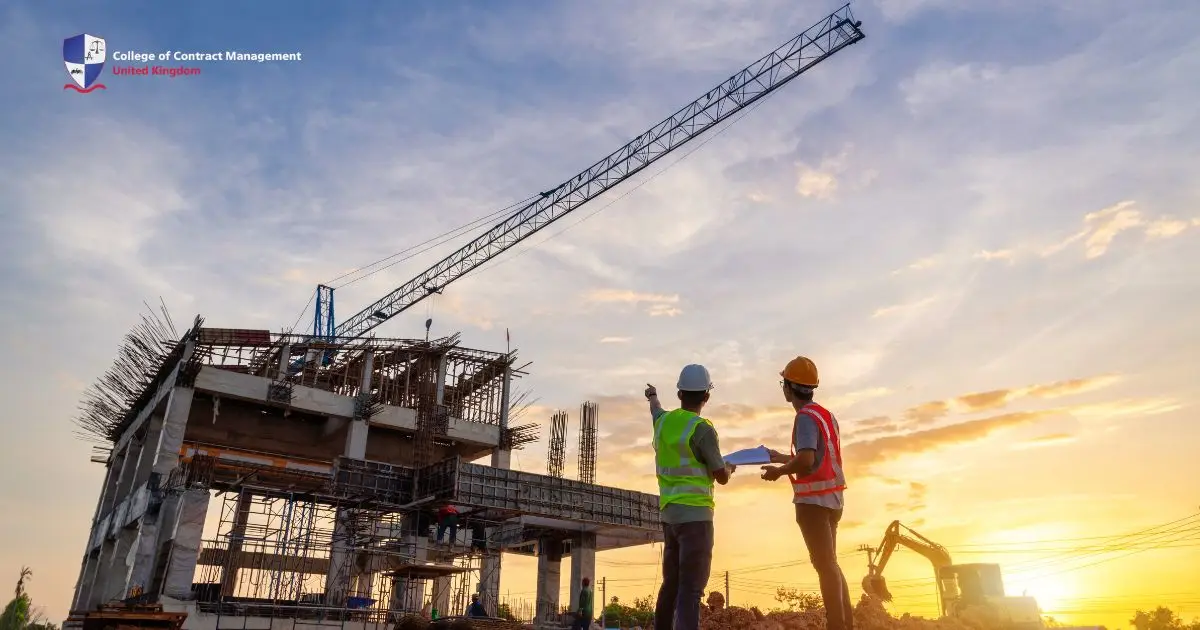In this digital era, Instagram and beautiful structures often go together. To illustrate, more people visit and take pictures of important buildings. Their unique design and impactful history are the reasons why these buildings are perfect spots for photos. For influencers, these can be opportunities to stand out on social media.
These landmarks offer more than just amazing architecture. Each of them has its backstory to make people emotional. Moreover, visiting these sites allows people to experience culture and history up close. In this article, we’ll explore some of the world’s most famous buildings. We’ll learn that every photo opportunity is a chance to capture a piece of history and culture.
What are important buildings?
Important buildings are structures that hold big value for a country. These can be landmarks that represent a nation’s heritage. In addition to that, they can be places that are important for communities. These buildings are symbols of the country’s culture, history, or even its power. In other words, they reflect the traditions, stories, and values of the time they were built.
Aside from the background, the famous buildings stand for their unique design. Because of their amazing structure, these buildings get worldwide recognition. Another interesting thing is that the rich history makes them represent values and leave a lasting impact. Ultimately, they are more than just places that people will visit.
The role of important buildings in social media
Important buildings play a huge role in creating eye-catching content on social media like Instagram. With millions of users posting content daily, having a unique background helps to make your content stand out. Therefore, capturing iconic buildings and sharing them on social media is perfect. This is because their designs and details make them great photo subjects.
Another idea is that when people travel, they look for the best spots to take pictures. In this case, people prefer famous structures to other spots. These buildings can give a special feeling just by looking at the pictures. What makes this kind of photo more interesting is that it also “presents” the history of the location. In short, these buildings offer both visuals and stories to share.
Famous Instagram-worthy important buildings
Important buildings are more than just construction wonders. These buildings represent culture, history, and the value of the area. Many famous landmarks have become popular spots for Instagram photos. This is because their visual appeal draws people’s attention. As a result, more people take this chance to improve their digital profile.
Famous buildings around the world are both historically and visually stunning. These buildings offer unique and memorable scenes. With this intention, they are perfect for photography. Let's take a look at some of the most Instagram-worthy buildings around the world.
1. Eiffel Tower, Paris
As one of the important buildings, the Eiffel Tower was a centrepiece of the 1889 Exposition Universelle. The construction began in January 1887 and finished in over two years. At that time, Gustave Eiffel and his team designed the tower using 18,000 metal parts and 2.5 million rivets. However, people were questioning the look of this tower at first. After a long time, the tower became a beloved icon because the unique structure offers stunning views of Paris. As a result, it attracts millions of visitors each year.
2. Big Ben, London
Serving as the other important buildings, Big Ben has symbolised British culture since it first rang on May 31, 1859. At first, the name was the Clock Tower. Then, it changed to the Elizabeth Tower in 2012. Designed by Augustus Pugin, it features a neo-Gothic style and stands 315 feet tall. The iconic bell, weighing over thirteen tons, underwent several replacements before finding its final form. The clock mechanism is the largest and most accurate of its kind. To this day, Big Ben continues to be a beloved landmark, drawing visitors from around the world.
3. Burj Khalifa, Dubai
Burj Khalifa stands for Dubai's ambition in architecture. As a matter of fact, it serves as the world’s tallest important building. The design uses local cultural influences and advanced engineering to deal with the desert climate. In addition to that, engineers use innovative strategies to ensure the tower is stable and help reduce wind forces. What makes it interesting is that the building includes a mix of residential, commercial, and hospitality spaces. To sum up, Burj Khalifa symbolises Dubai's engineering excellence and fast growth.
4. Colosseum, Rome
The Colosseum planned to restore the community's use of land previously owned by Emperor Nero. To put it differently, these kinds of important buildings represent Roman power. The construction began in 72 AD, using workers' skills to change a drained lake into a massive amphitheatre. At that time, Jewish prisoners worked under harsh conditions. On the other hand, the Romans handled other tasks. The design has a unique oval shape, with a capacity for over 50,000 spectators. The purpose of this building was to host gladiatorial games and public spectacles for the Romans. Today, the Colosseum remains a significant cultural landmark and tourist attraction.
Impacts of important buildings on tourism
Important buildings have a huge impact on tourism. These buildings represent the history, culture, and unique identity of a place. Aside from their beauty, visitors are interested in these buildings because of their history and experience. In this section, we’ll explore how famous landmarks improve the tourism and economic sectors.
- Attracting visitors: Famous buildings are must-visit places for tourists. This is because they have unique designs and a deep history. For instance, landmarks like the Eiffel Tower bring millions of people annually.
- Economic boost: Important buildings help the local economy grow. Tourists usually spend money on tickets, food, and souvenirs when they visit these sites. As a result, they boost local business revenue and help create jobs in the tourism industry.
- Cultural exchange: These buildings allow tourists to experience different cultures while learning history. This effort helps people understand the traditions of other countries and creates a connection between cultures.
- Heritage preservation: Tourism helps fund the care and protection of famous buildings. Entrance fees and donations from tourists are often used to protect and restore historic sites.
- Increase global awareness: Famous building serves as a symbol of their location. As more people visit and share their experiences online, the building becomes popular. Thus, more people will visit this site.
Final Thoughts
To sum it up, important buildings serve more than just impressive structures. These buildings tell stories, cultures, and values that catch tourists. Besides, their unique design and fascinating backstories make them perfect for sharing on Instagram. To illustrate, famous landmarks like the Eiffel Tower and the Colosseum attract millions of visitors every year. At the same time, many people share their moments visiting these places on Instagram. As people continue to do the same, these iconic buildings will still be popular for future generations.
Are you interested in engineering and construction? The College of Contract Management offers courses in these fields! Besides, they also cover other areas to help you meet today’s industry demand. By enrolling in the College, you can gain knowledge and skills for a successful career. Don't miss the chance to build a successful future with CCM!





